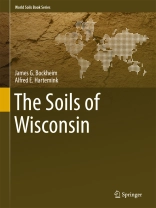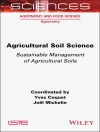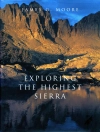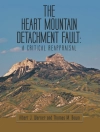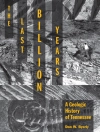This book provides an up-to-date and comprehensive report on the soils of Wisconsin, a state that offers a rich tapestry of soils. It discusses the relevant soil forming factors and soil processes in detail and subsequently reviews the main soil regions and dominant soil orders, including paleosols and endemic and endangered soils. The last chapters address soils in a changing climate and provide an evaluation of their monetary value and crop yield potential. Richly illustrated, the book offers both a valuable teaching resource and essential guide for policymakers, land users, and all those interested in the soils of Wisconsin.
Содержание
Introduction.- History of soil mapping and research.- Soil-forming factors.- Soil-forming processes.- General soil regions.- Diagnostic horizons and soil taxa in Wisconsin.- Taxonomic soil regions of Wisconsin.- Alfisols.- Spodosols.- Entisols.- Mollisols.
Об авторе
Dr. Bockheim was professor of Soil Science and of Forest and Wildlife Ecology and at the Nelson Institute for Environmental Studies at the University of Wisconsin from 1975 until his retirement until 2015. He has conducted research in forest soils and pedology throughout the state and in the Upper Peninsula of Michigan. His previous books include, Pedodiversity (2013; with J.J. Ibáñez); Soil Geography of the USA: a Diagnostic-Horizon Approach (2014); Cryopedology (2015); and The Soils of Antarctica (2015).
Dr. Hartemink has been professor of Soil Science at the University of Wisconsin since 2011. He has examined soils throughout the world and was previously with ISRIC World Soil Information. His previous books include Soil Fertility Decline in the Tropics: with Case Studies on Plantations (2003); The Future of Soil Science (2006); Invasion of Piper Aduncum in the Shifting Cultivations Systems of Papua New Guinea (2006); Digital Soil Mapping with Limited Data (2008; with A.B. Mc Bratney); Soil Science (2009; with A.B. Mc Bratney); Soil Carbon (2014; with K. Mc Sweeney); and Digital Soil Morphometrics (2016; with B. Minasny).
